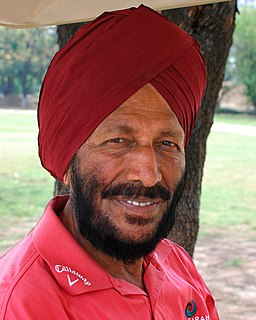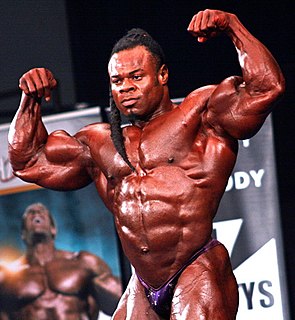A Quote by Steve James
'Generation Food' is a collaboration between myself and author/activist Raj Patel that will tell stories about efforts around the world to try to solve the food crisis - through a documentary, a book, a website and mobile apps.
Related Quotes
Isn't food important? Why not "universal food coverage"? If politicians and employers had guaranteed us "free" food 50 years ago, today Democrats would be wailing about the "food crisis" in America, and you'd be on the phone with your food care provider arguing about whether or not a Reuben sandwich with fries was covered under your plan.
I think for diners, it is about crafting an identity around food which we have not really had in a mainstream way in this country. So there is a mass movement of people who identify themselves through their food preferences or even just that they prioritize food - that's where we get this idea of being a foodie.
Now, everyone is excited about food - cooking, growing, learning - watching it on TV, buying books, trying things at home. It's the greatest time ever to be in food - which is why it's so hard to see so many people still relying on processed food. I am hoping that we had a generational blip - and that these young people will continue on and pass on their love of food and creativity to the next generation of kids.
I spend so much money on food, just getting the food for me is a tremendous expense, so there's no way I could even think about paying for supplements. I think of all supplements as food derivative anyway, so If I can only choose between getting the food or the supplements I'd rather opt for the food.






































